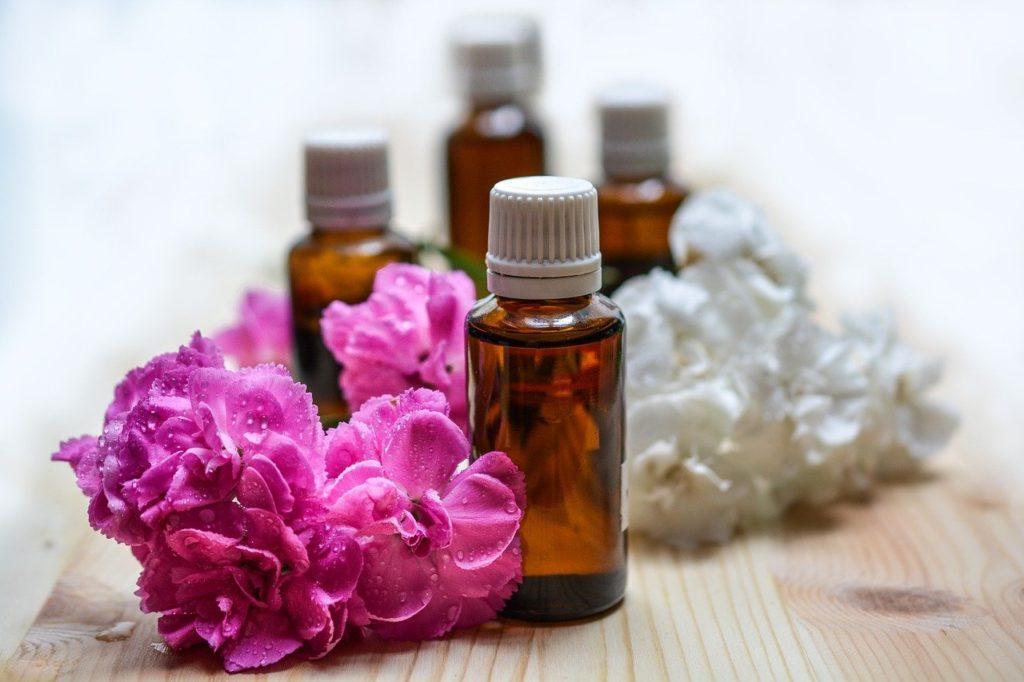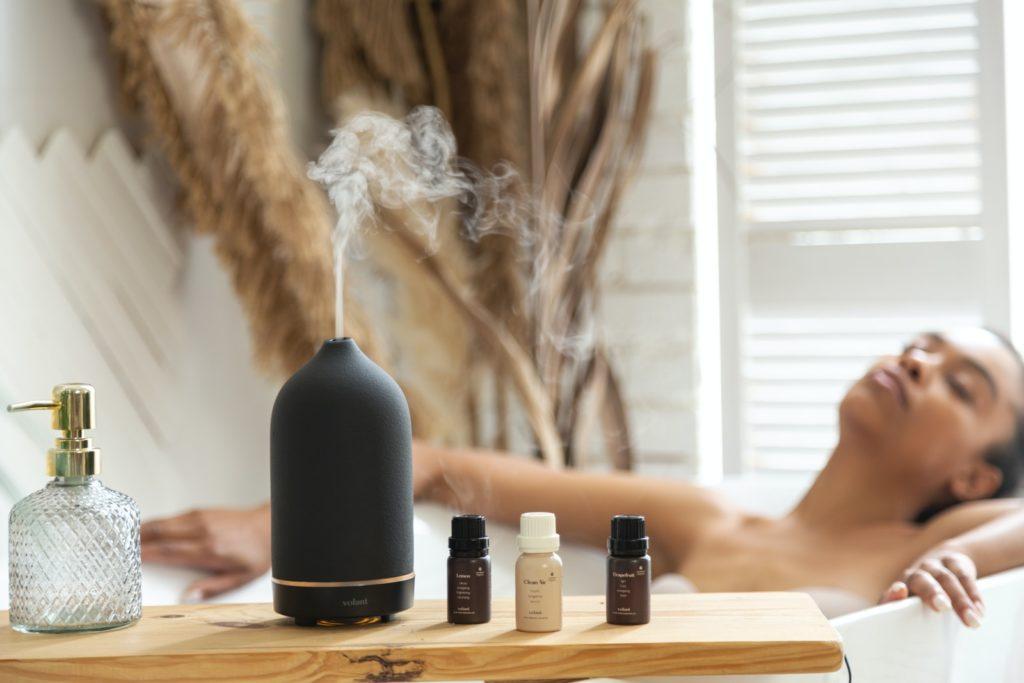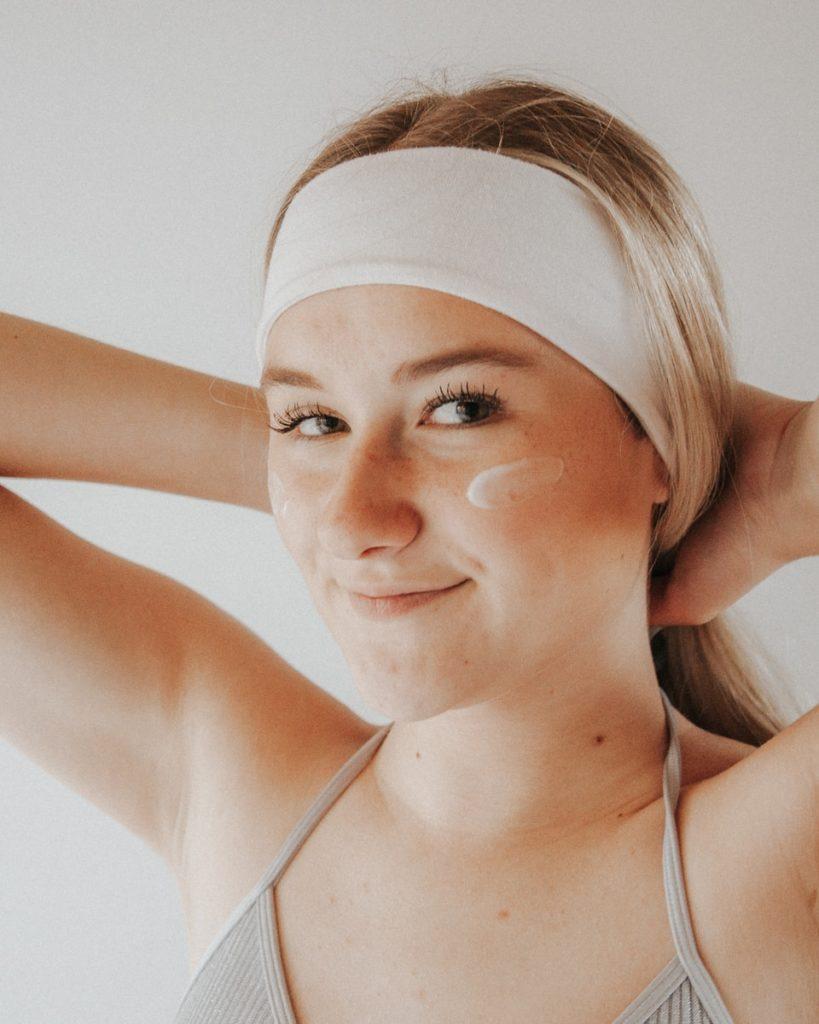Plant materials such as leaves, seeds, barks, roots, and rinds are used to make essential oils.
Makers condense them into oils in a variety of ways.
They’re great in vegetable oils, lotions, and bath gels.
You might also inhale them, massage them on your skin, or soak in them.
According to some studies, if you know how to utilize them correctly, they can be beneficial.
Always read the label and consult your doctor if you have any doubts about whether or not they are safe for you to use.
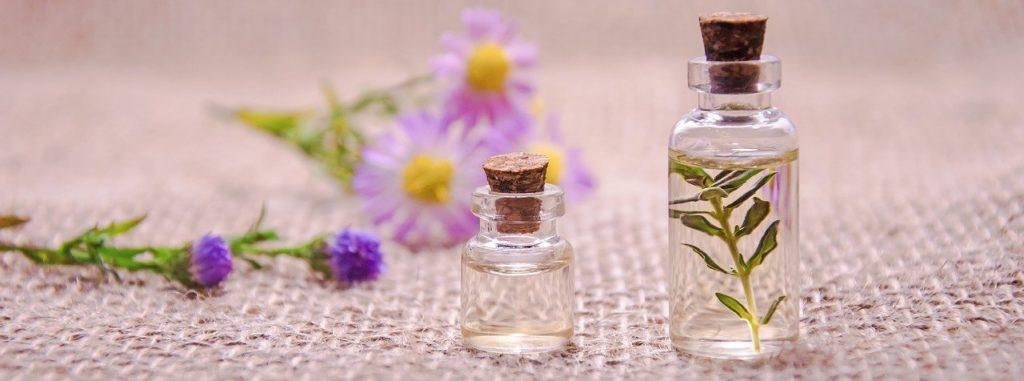
DON’T BE WORRIED, YOU SHOULD TRY IT
Lavender, chamomile, and rosewater are all simple scents that can help you relax.
You can inhale these oils or apply diluted versions on your skin.
They are thought to function by transmitting chemical impulses to areas of the brain that affect mood and emotion, according to scientists.
Although these scents will not eliminate all of your stress, they may help you relax.
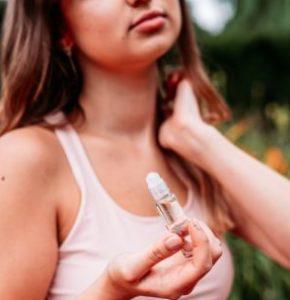
RUBBING THEM ANYWHERE IS NOT A GOOD IDEA
Oils that are safe to use to your arms and legs may not be safe to apply to your mouth, nose, eyes, or private areas.
Some examples include lemongrass, peppermint, and cinnamon bark.
VERIFY THE QUALITY
Look for a reputable manufacturer who produces pure oils with no additives.
Oils containing additional substances are more likely to cause an allergic reaction.
Not all additives are undesirable.
For some of the more expensive essential oils, a small amount of vegetable oil may be necessary.
DO DISCARD OLD OILS
Keep them for no longer than three years in general.
Oils that have been exposed to oxygen for a long time are more likely to deteriorate.
They may not perform as well and may irritate or produce an allergic reaction on your skin.
If you notice a significant change in the appearance, texture, or smell of an oil, it has most likely ruined.
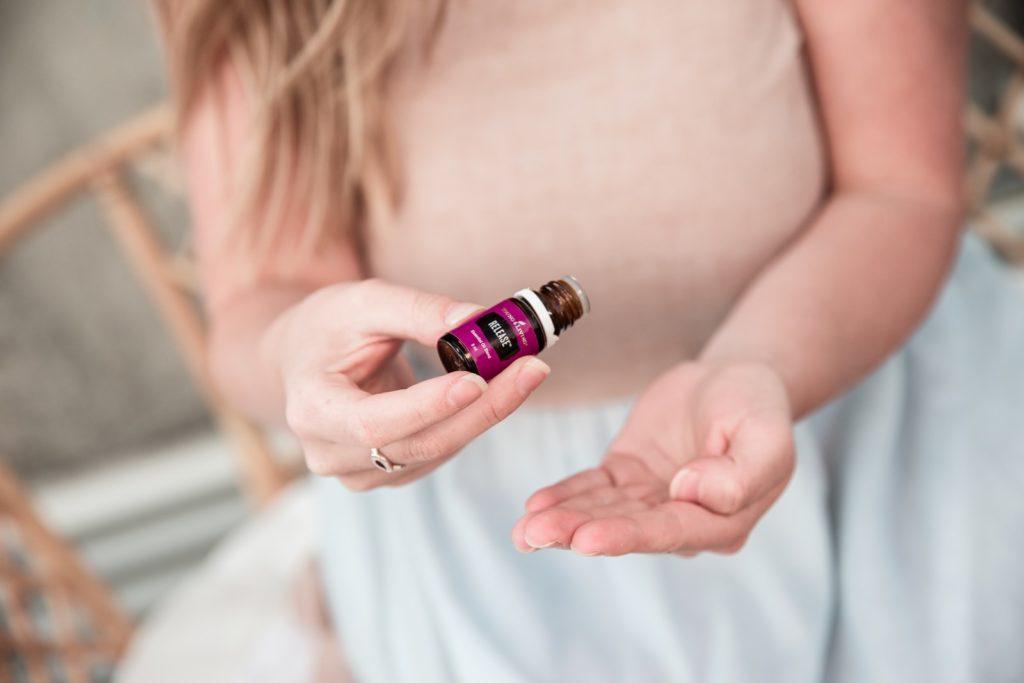
DO NOT USE EDIBLE OILS ON YOUR FACE OR BODY
Cumin oil, while safe to use in food, can cause blisters when applied to the skin.
Citrus oils that are harmless in food may be harmful to your skin, particularly if you are exposed to the sun.
The converse is also true.
If you use eucalyptus or sage oil on your skin or breathe it in, it may help you relax.
However, eating them can result in a catastrophic problem, such as a seizure.
DILUTE ESSENTIAL OILS
Oils that have not been diluted are too powerful to use straight.
You’ll need to dilute them, usually with vegetable oils, creams, or bath gels, to a solution containing only a small amount of essential oil — 1 percent to 5% — in it.
The exact amount varies.
Because the higher the percentage, the more likely you are to have a reaction, it’s critical to properly mix them.
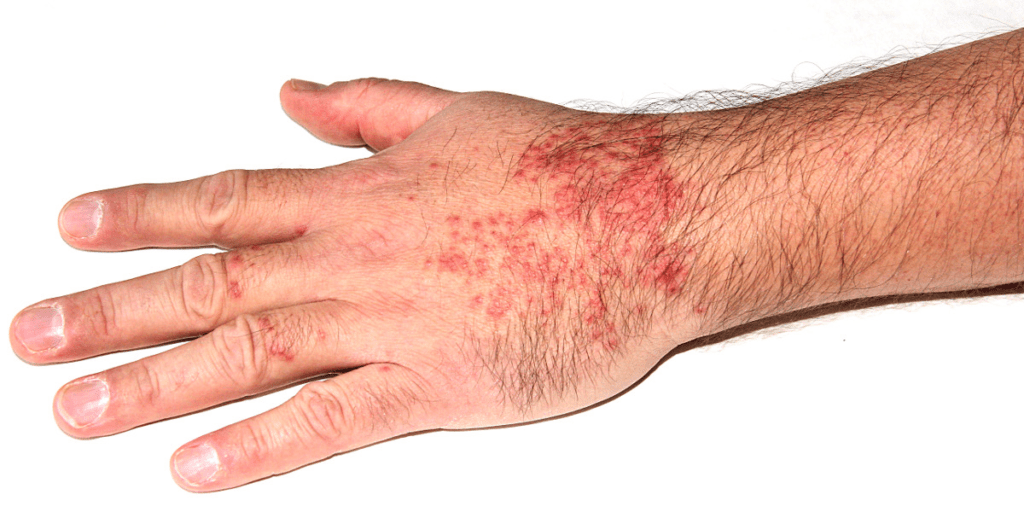
WARNING: DO NOT USE ON DAMAGED SKIN
Injured or inflamed skin absorbs more oil, which can lead to unfavorable skin reactions.
On damaged skin, undiluted oils, which you should avoid at all costs, can be plain harmful.
.

DO TAKE AGE into ACCOUNT
Essential oils may be particularly sensitive in young children and the elderly.
As a result, you may need to dilute them even more.
Some oils, such as birch and wintergreen, should be avoided entirely.
Because they contain a substance called methyl salicylate, even little doses of them can cause major issues in children aged 6 and under.
Use only if your pediatrician says it’s okay, use essential oils only if diluted.
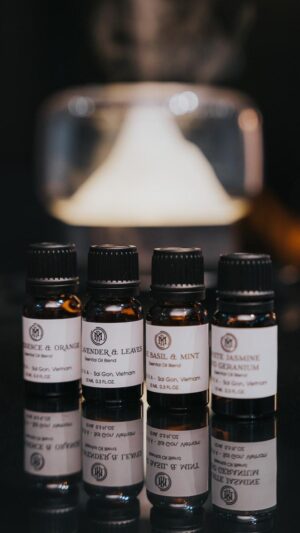
DON’T FORGET TO KEEP THEM SAFELY STORED
They can be extremely concentrated and cause major health concerns if handled incorrectly or in the wrong way.
Don’t make your essential oils too accessible, just like anything else that small hands shouldn’t be able to reach.
Keep all essential oils out of sight and reach of young children if you have them.
DO BE CAREFUL WHEN SELECTING A THERAPIST
Do your research if you’re looking for a professional aromatherapist.
They are not required to have any training or a license by law.
However, you can see if yours attended a school accredited by a professional body such as the National Association for Holistic Aromatherapy.
REMEMBER NOT TO OVERDO IT
Having more of a good thing isn’t always a good thing.
If you use too much or too often, even when diluted, an essential oil can induce a negative reaction.
This is true even if you aren’t allergic to them or have a high sensitivity to them.
DON’T BE AFRAID to GIVE THEM A SHOT
They can help you feel better with few adverse effects if used correctly.
If you inhale ginger vapors, for example, you may feel less sick from chemotherapy cancer treatment.
Tea tree oil may be effective against certain bacterial and fungal illnesses, including the hazardous MRSA bacterium.
Tea tree oil was found to be just as efficient as a prescription antifungal cream in treating the symptoms of a fungal foot infection in one investigation.

DO BE CAREFUL IF YOU ARE PREGNANT
Some essential massage oils may find their way into the placenta, a uterine organ that grows with your baby and feeds it.
It’s unclear whether this creates problems unless you take dangerous doses, but it’s recommended to avoid certain oils if you’re pregnant to be safe.
Wormwood, rue, oak moss, Lavandula stoechas, camphor, parsley seed, sage, and hyssop are some of them.
If you’re unsure, consult your doctor.
We're an affiliate. We hope you love the products we recommend! Just so you know, we may collect a share of sales or other compensation from the links on this page with no additional cost to you. Thank you if you use our links, we really appreciate it! Read more
